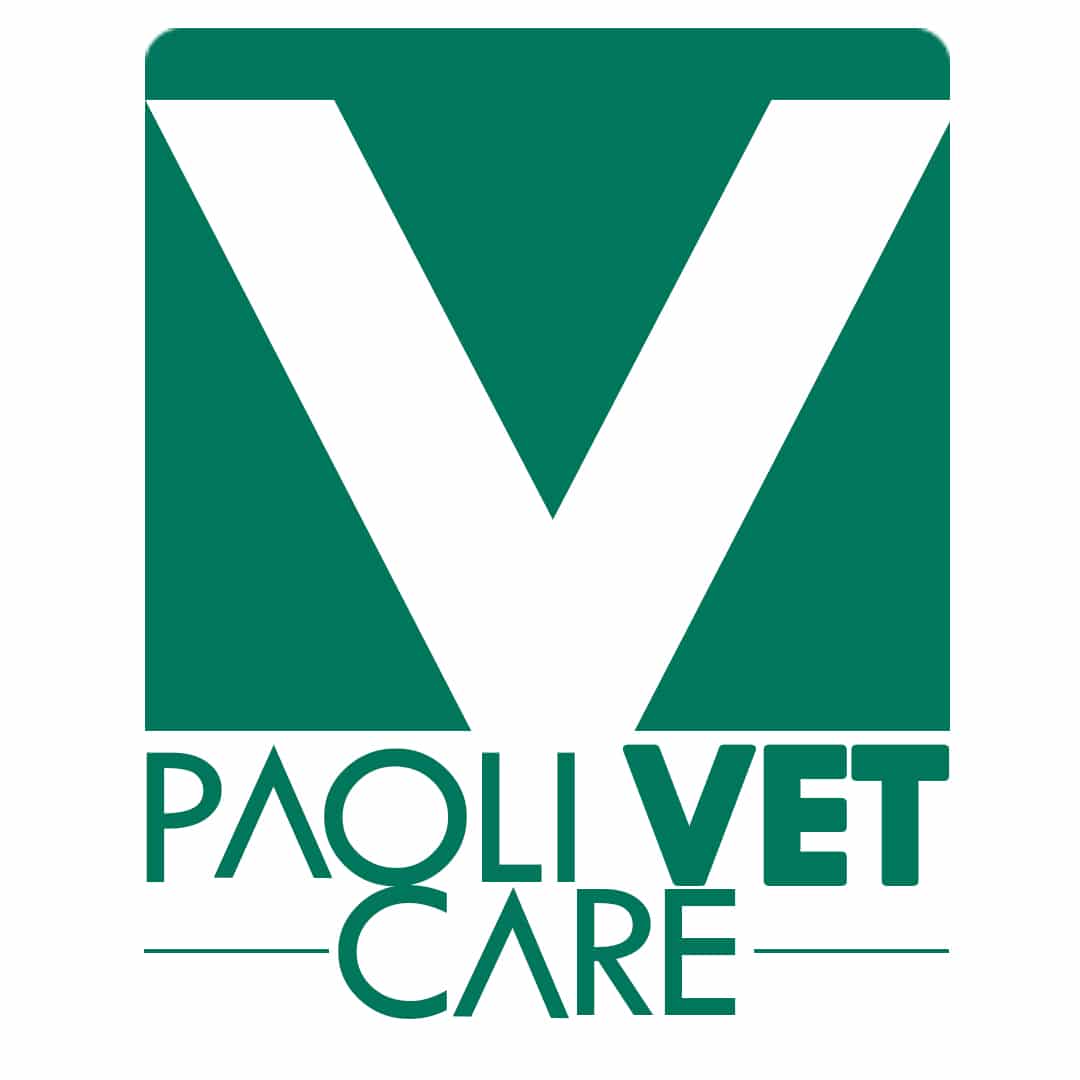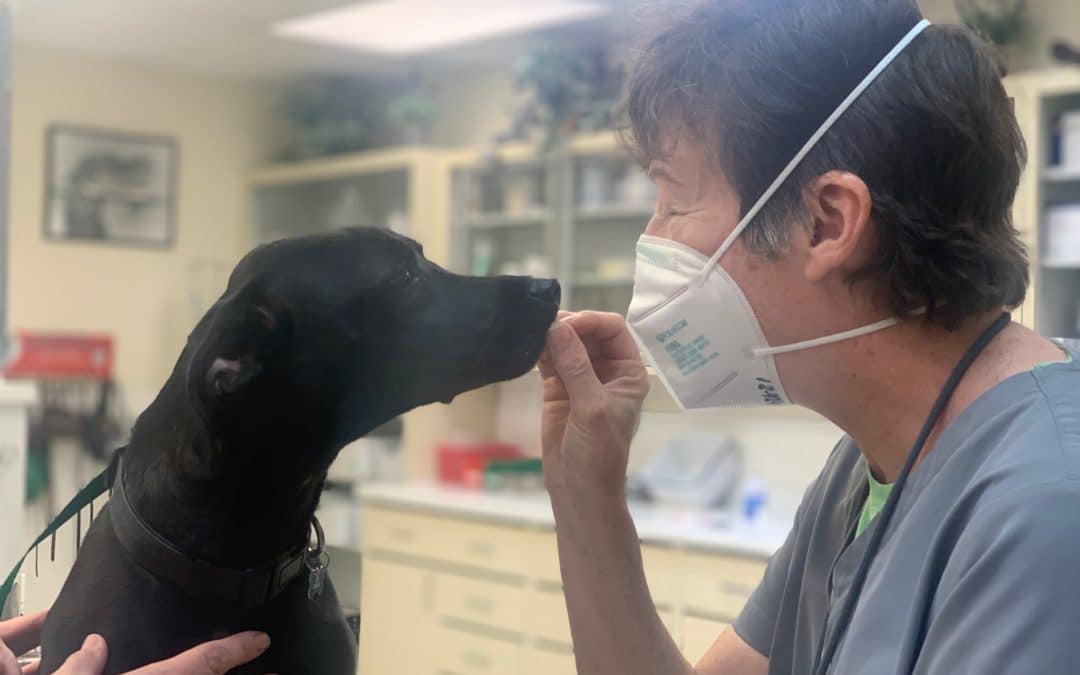Welcoming a new puppy into your home is very exciting. You get toys for them, prepare their bed, and figure out some new house rules. But researching the best puppy food is also an essential first step to ensure your puppy grows up into a healthy, strong, and active dog.
Should Puppies Eat Dry or Wet Food?
Table of Contents
The first question you’re probably asking is should puppies eat dry or wet food? Both have pros and cons, so it’s essential to look at what your puppy would benefit from the most.
Wet Food
Wet food has an enticing smell and is enjoyable to eat; this will be the most exciting option for your puppy. The liquid in wet food will help contribute to your pup’s daily water intake. Plus, the moisture will help them feel full for longer.
However, wet food can create more plaque and tartar buildup as there’s less friction with their teeth. Furthermore, it doesn’t last as long, so get ready for ‘wet food’ to often appear on your shopping list.
Dry Food
Dry food has a great crunch to it, is easy to store, doesn’t cause much buildup on the teeth, and can double as training treats. There are numerous options available, so you can narrow your choice down to your puppy’s size, activity level, and nutrition needs.
Overall, it’s good for your puppy to be familiar with both wet and dry food in case any future health problems require them to switch exclusively to one or the other.
A combination of dry food with wet as a topper or as a treat every few meals is a great way to ensure your puppy is getting all the nutrients they need to grow and learn.
What Puppy Food Is Recommended by Vets?
Just as you trust your new puppy’s health to your veterinarian, you can also trust their advice for your puppy’s nutrition.
So, what puppy food is recommended by vets? Just like humans, dogs—including puppies—need a well-balanced diet. They are not solely carnivores; they also need the nutrients found in vegetables, fruit, and grains. As such, we do not recommend raw diets for puppies because they do not provide the nutritional balance dogs need to grow healthy and strong.
Your veterinarian will likely ask what you’re feeding your puppy and make recommendations for the best food based on their breed and size. These recommendations will include reliable brands that conduct a lot of research and provide a wide range of vitamins and nutrients for a balanced diet.
Best Food for Small-Breed Puppies
Because of their high metabolism and low body fat stores, puppies of smaller breeds may need food with higher calories to keep them bouncing around.
Always ensure you choose dry food specifically branded for puppies, as these will have higher amounts of nutrients that puppies require for early development. Dry puppy food will also come in smaller kibble sizes that are easier for puppies to eat, chew, swallow, and digest.
Here are some of our suggestions for the best puppy food for small-breed puppies:
Iams ProActive Health Smart Puppy
Fresh chicken is the primary source of protein in Iams’ puppy food. This kibble has a 60% fat-to-protein ratio and includes fish oil to help your pup’s coat shine.
Vets recommend Iams for its nutritional balance supporting joint, muscle, immune and cognitive growth. This kibble is made in the USA and is a great and very affordable option.
Merrick Grain-Free Puppy Plate
This wet food can be a meal in itself or be used to make kibbles more enticing. It is made from recipes of 95% meat and is created and cooked in the USA.
Merrick Grain-Free Puppy Plate has a 50% fat-to-protein ratio and is an excellent option for puppies from small and large breeds.
Purina Pro Plan Puppy Food
Purina has remained a popular and reliable brand that continues to be highly recommended by vets. It has a fat-to-protein ratio of approximately 64%, with nutrients and vitamins that support vision and brain development and digestive and immune health.
This kibble is specially formulated for small and medium-breed puppies.
Best Food for Large-Breed Puppies
While puppies from larger breeds still need the same balanced nutrition as their smaller breed counterparts, their growth speed is both faster and longer, so they require a specific nutritional balance.
Overnutrition means large breed puppies can grow too quickly for their support systems. Food for larger puppies will generally be lower in fat, calcium, and vitamin D; this will help balance their nutrition with their growth and energy.
Here are some of our suggestions for the best puppy food for large-breed puppies:
Wellness Complete Health Puppy Food
Veterinarians recommend this kibble because it has ideal calcium levels for bone development in large breed puppies and has a 62% fat-to-protein ratio.
Wellness Puppy Food contains:
- Omega fatty acids for healthy coat and skin.
- Vitamins for healthy eyes and teeth.
- Antioxidants for strong immune system development.
Blue Buffalo Life Protection Puppy
Blue Buffalo offers four different puppy kibble flavors and has a 59% fat-to-protein ratio.
This kibble comes highly recommended as it has nutrients to support muscle development and protein-rich ingredients for cognitive, immune, and digestive health.
Victor Purpose Nutra Pro Dog and Puppy
Highly recommended for large breed puppies as it is high in protein and low in carbs, this kibble has a balance of nutrients for sustained energy and increased activity levels.
Victor Purpose Nutra has a fat-to-protein ratio of 47%, is very digestible, and easy on the wallet.
Where to Buy Puppy Food
Now that you’ve narrowed down your choice for the best puppy food, where do you find it? Depending on what brand you’re looking for, puppy food can be relatively easy to track down.
Most grocery stores will stock big names like Purina and Iams. Pet stores will have a wide selection where you can browse various brands and compare bag to bag.
And of course, your veterinarian, like Paoli Vetcare, will stock brands they recommend and know will provide the nutrition your pup needs.
Last Thoughts
So, what is the best dog food for puppies? The best choice is the one that will provide the right amount of nutrients and protein for your puppy’s size and breed.
Familiarize yourself with some brands and speak to your vet about which would be the best fit for your new furry family member.





